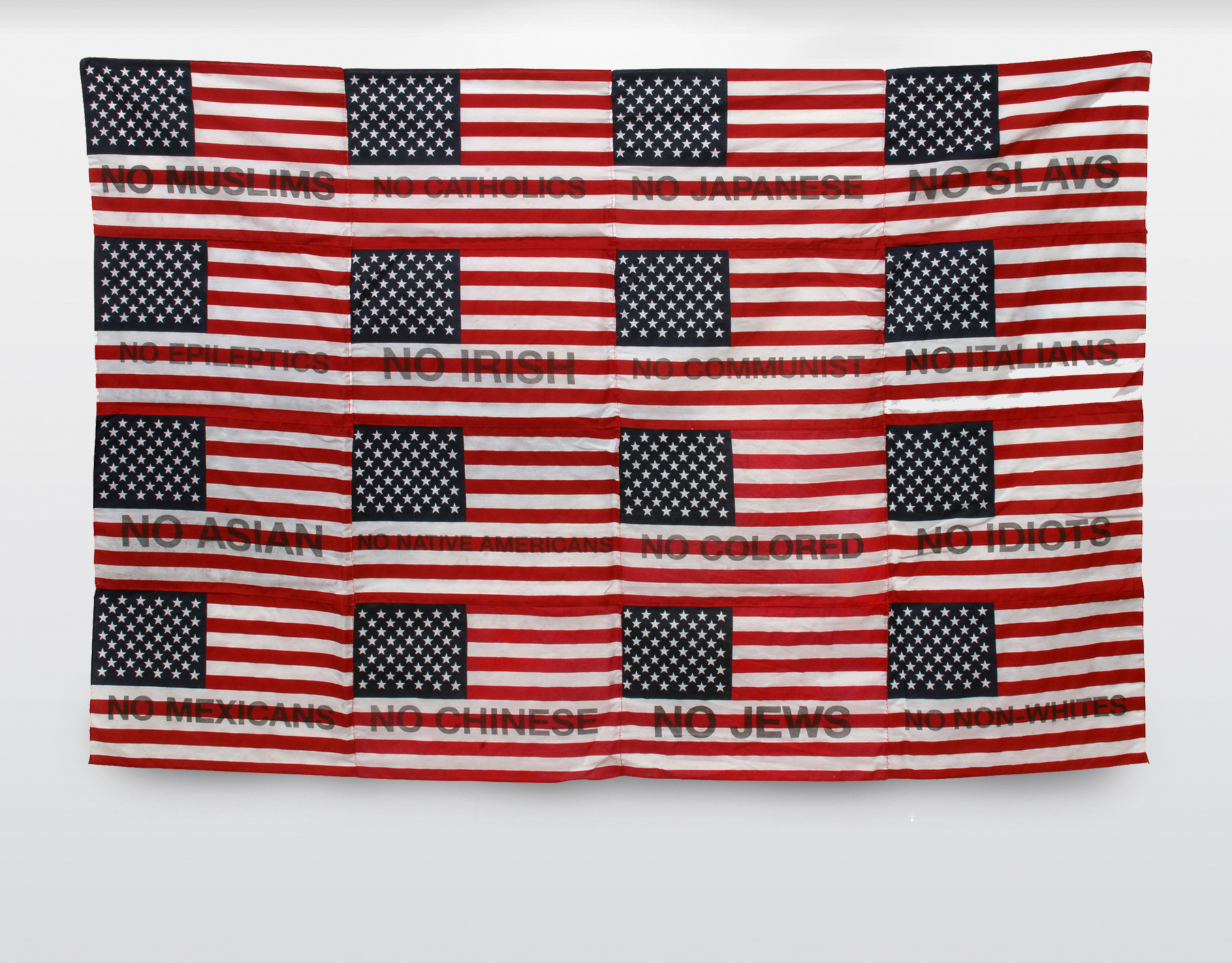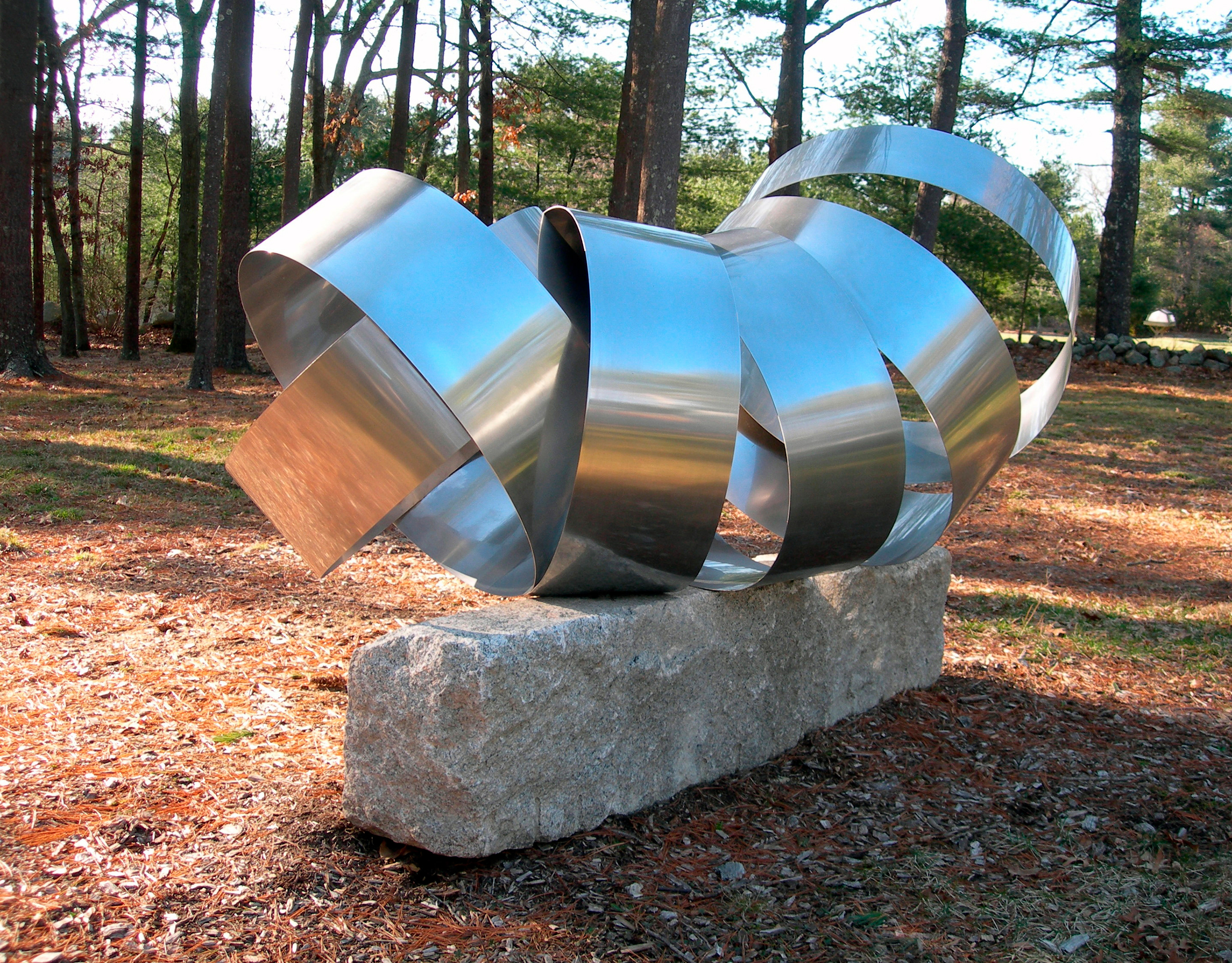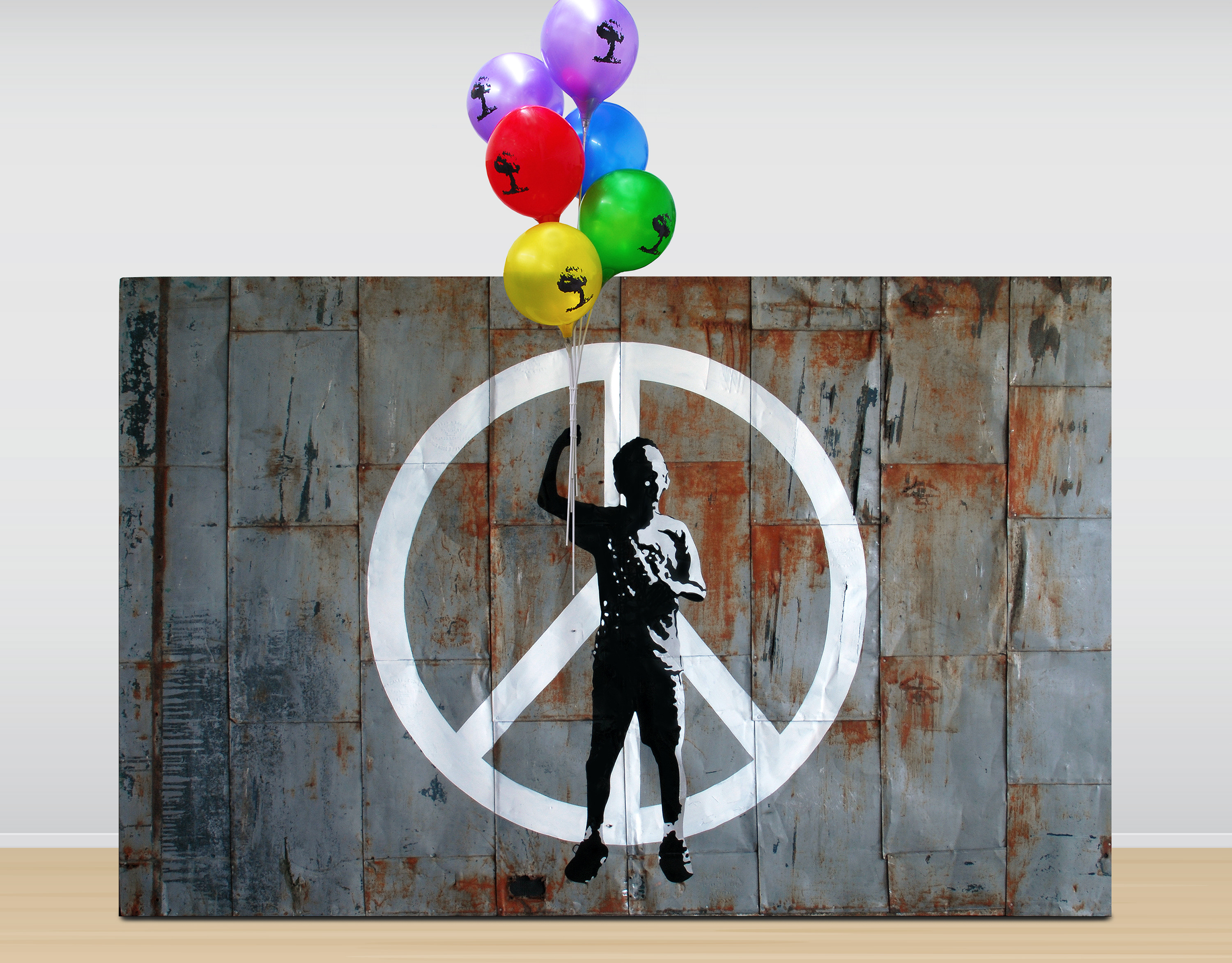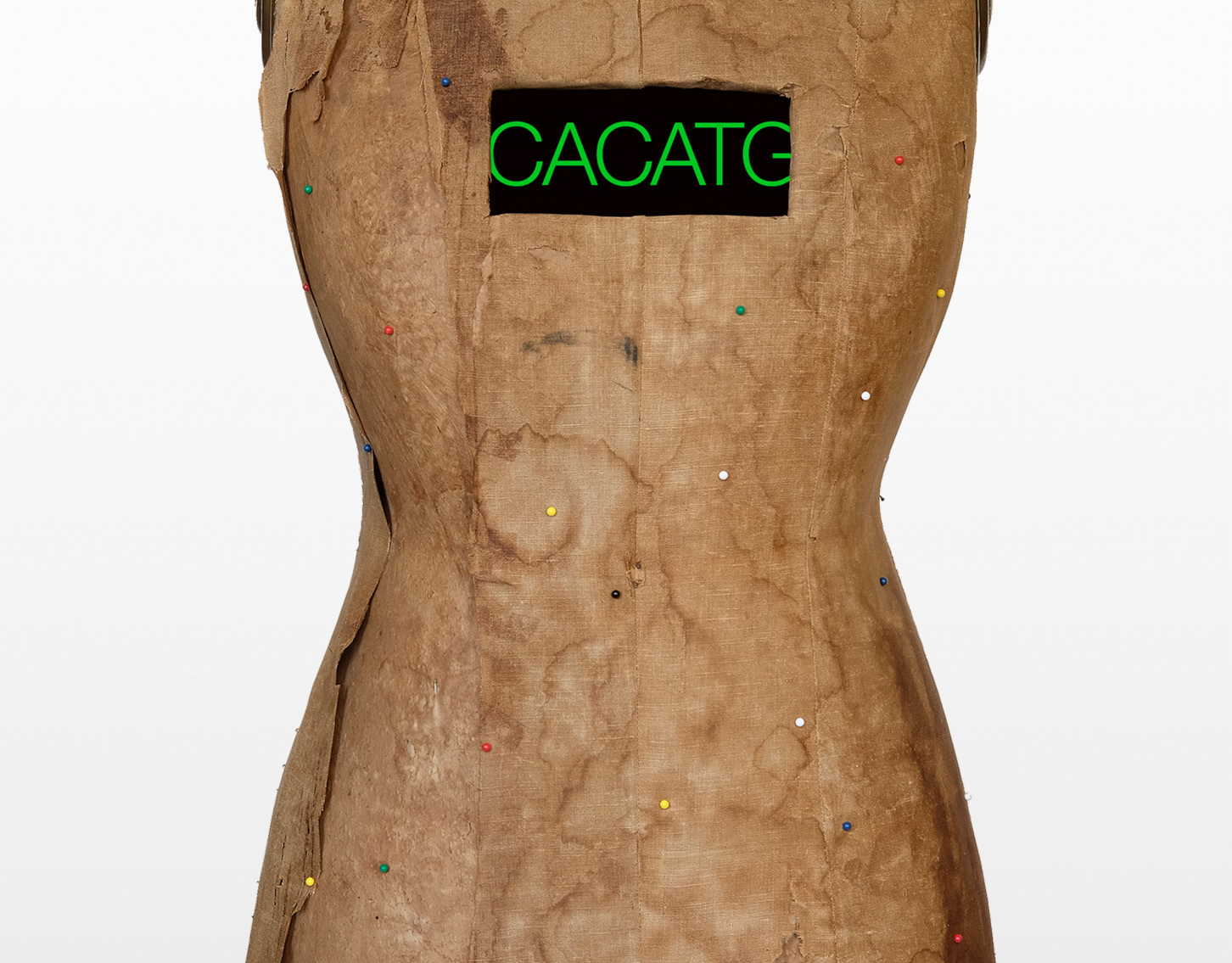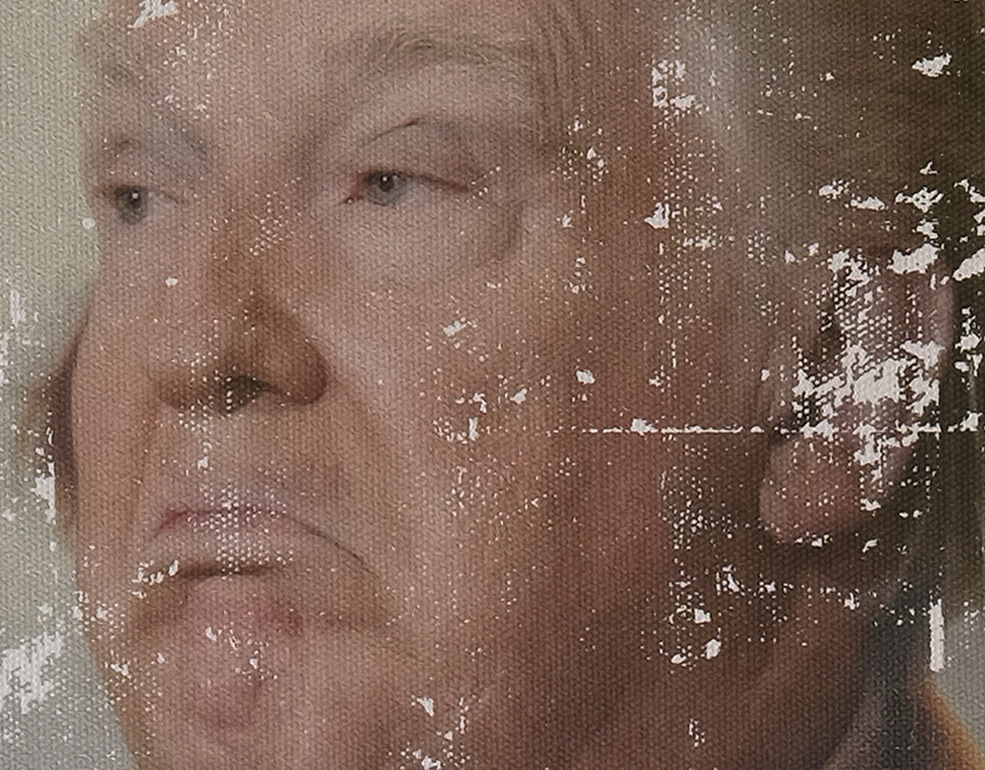Available for purchase: $8,200 USD
I aimed to construct a profound and jarring commentary on the essential paradox of the 1960s—a decade of both unprecedented American progress and appalling domestic failure.
I chose the juxtaposition of the old, weathered steel building siding plates to represent the industrial and often forgotten foundation of our history, against the sleek, illuminated image of a 1960s NASA astronaut. This astronaut, with his ambitious gaze toward the moon, symbolizes the incredible national commitment—the peaking, multi-billion-dollar budget—poured into the Space Race. Places like the Marshall Space Flight Center in Huntsville, Alabama, were buzzing with innovation, pushing the boundaries of human possibility.
But that same Alabama, in that very same timeframe, was a battleground. To make that contrast visceral, I embedded an LED-backlit monitor displaying the raw, painful black-and-white footage of the Selma Civil Rights protests in 1965.
My artwork asks a fundamental question: What did American progress truly mean in the 1960s?
We achieved the impossible in space, driven by Cold War competition and national pride. Yet, simultaneously, citizens on American soil were being violently beaten on the Edmund Pettus Bridge simply for demanding the basic right to vote. The resources, the political will, and the national focus that launched a man toward the moon seemed to vanish when it came to addressing the brutal realities of racial injustice right here on Earth.
By bringing these two narratives—the triumphant space race and the agonizing civil rights movement—into a single visual plane, I force a critical reflection. This piece is a commentary on progress, privilege, and moral action. It encourages the audience to grapple with the complexities of our national ideals and to acknowledge that true, ethical progress must be measured not just by how far we can reach into the cosmos, but by how justly and equitably we treat one another on this planet. The legacy of the 1960s is one of dazzling scientific achievement interwoven with profound social injustice, and that dialogue must remain ongoing.

